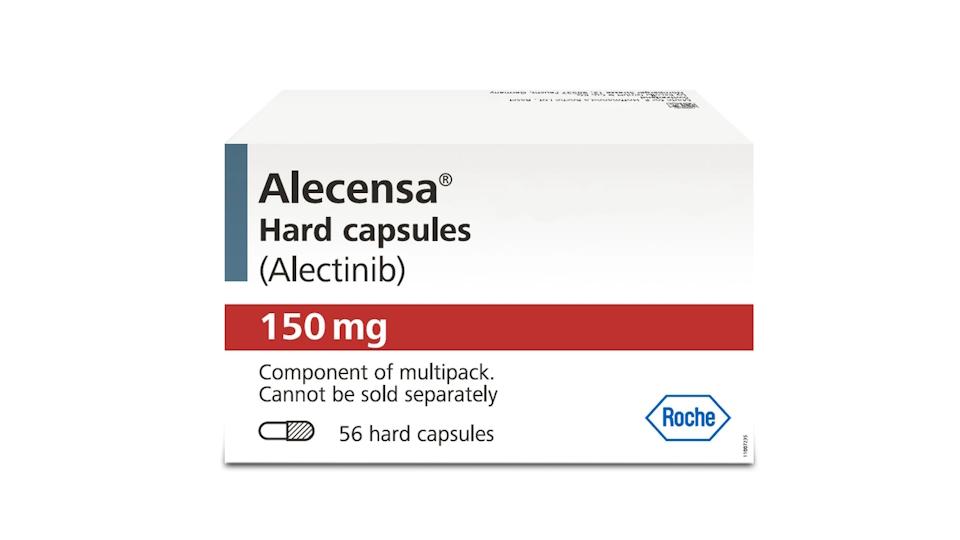NICE approves Novartis' CAR-T therapy for diffuse large B-cell lymphoma

NICE has approved Novartis’ CAR-T therapy Kymriah (tisagenlecleucel) for diffuse large B-cell lymphoma (DLBCL) in adults who did not respond to two or more previous treatments.
The drug will be funded via the Cancer Drugs Fund (CDF) following a commercial agreement with NHS England.
Kymriah was previously approved in England and Wales 2018 for paediatric and young adult patients up to 25 years of age with B-cell acute lymphoblastic leukaemia (ALL) that is refractory, in relapse post-transplant or in second or later relapse.
This makes Kymriah the only CAR-T therapy approved by NICE in more than one distinct blood cancer.
DLBCL is an aggressive form of blood cancer with a critical need for additional therapies. It is the most common form of non-Hodgkin lymphoma (NHL), accounting for approximately 30-40% of NHL cases in the UK and approximately 5,500 new cases per year.
Survival rates are low for the majority of patients due to ineligibility for autologous stem cell transplant (ASCT) or because salvage chemotherapy or ASCT have failed.
The decision from NICE was based on the results of the ongoing JULIET trial, which most recently demonstrated a 64% relapse-free probability and a 43% probability of overall survival at 18 months in patients with relapsed/refractory (r/r) disease, with median duration of response still not reached.
Kymriah was the first CAR-T cell therapy approved by the FDA and became one of the fastest funding approvals in the NHS’ 70-year history. But the launch of the drug has not been without setbacks. Marketing has proved difficult in the US, where many hospitals do not have the expertise or capacity to administer it.
Novartis has also struggled to meet demand for the drug, and has been looking to find ways to make manufacturing more efficient – including by offering to buy French manufacturer CellforCure.
Issues like these, as well as the fact that CAR-T therapies are still only approved for a few very sick patients as a treatment of last resort, have led doctors and patient groups to caution that it is important to make sure that patients’ expectations are managed – which is currently a growing challenge.












